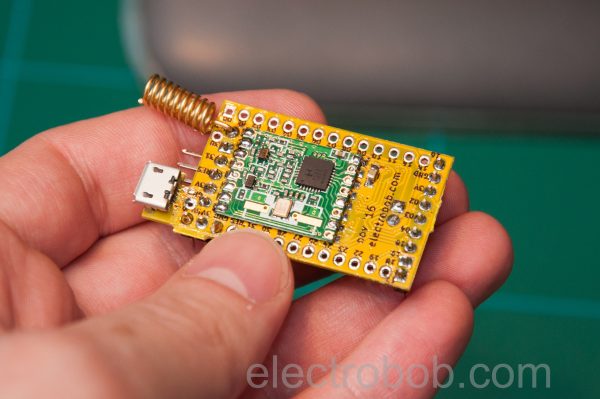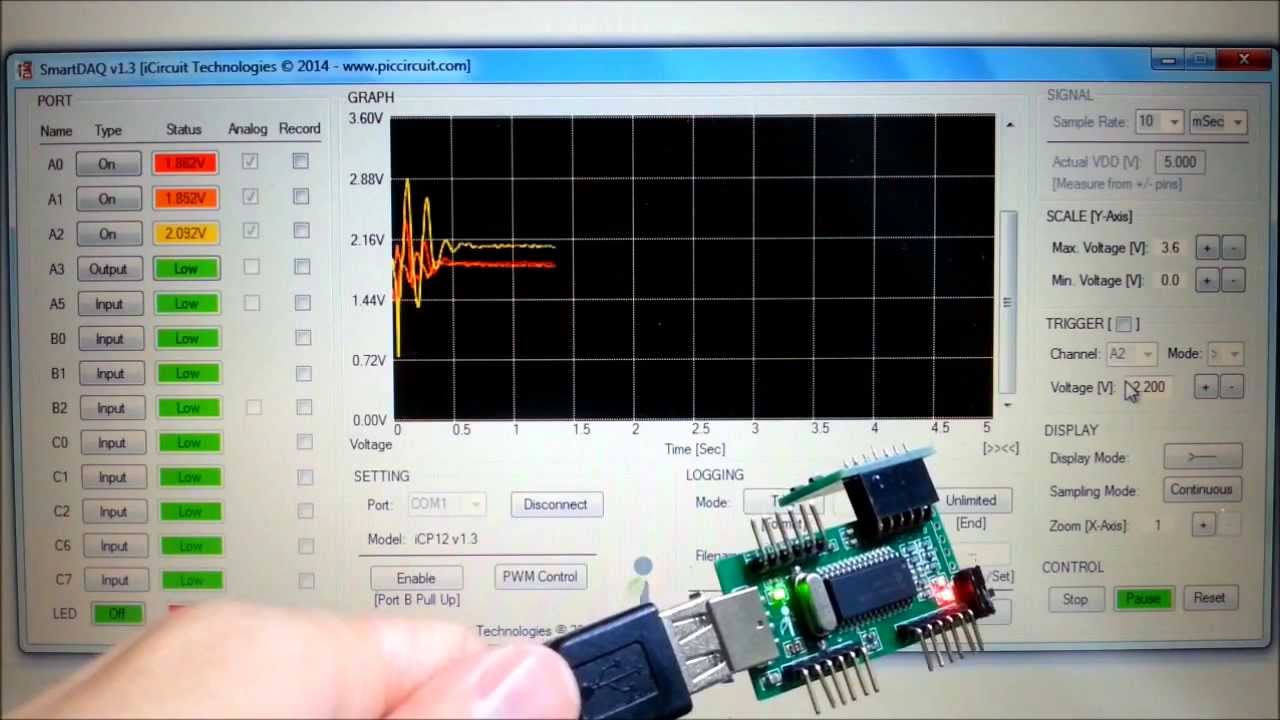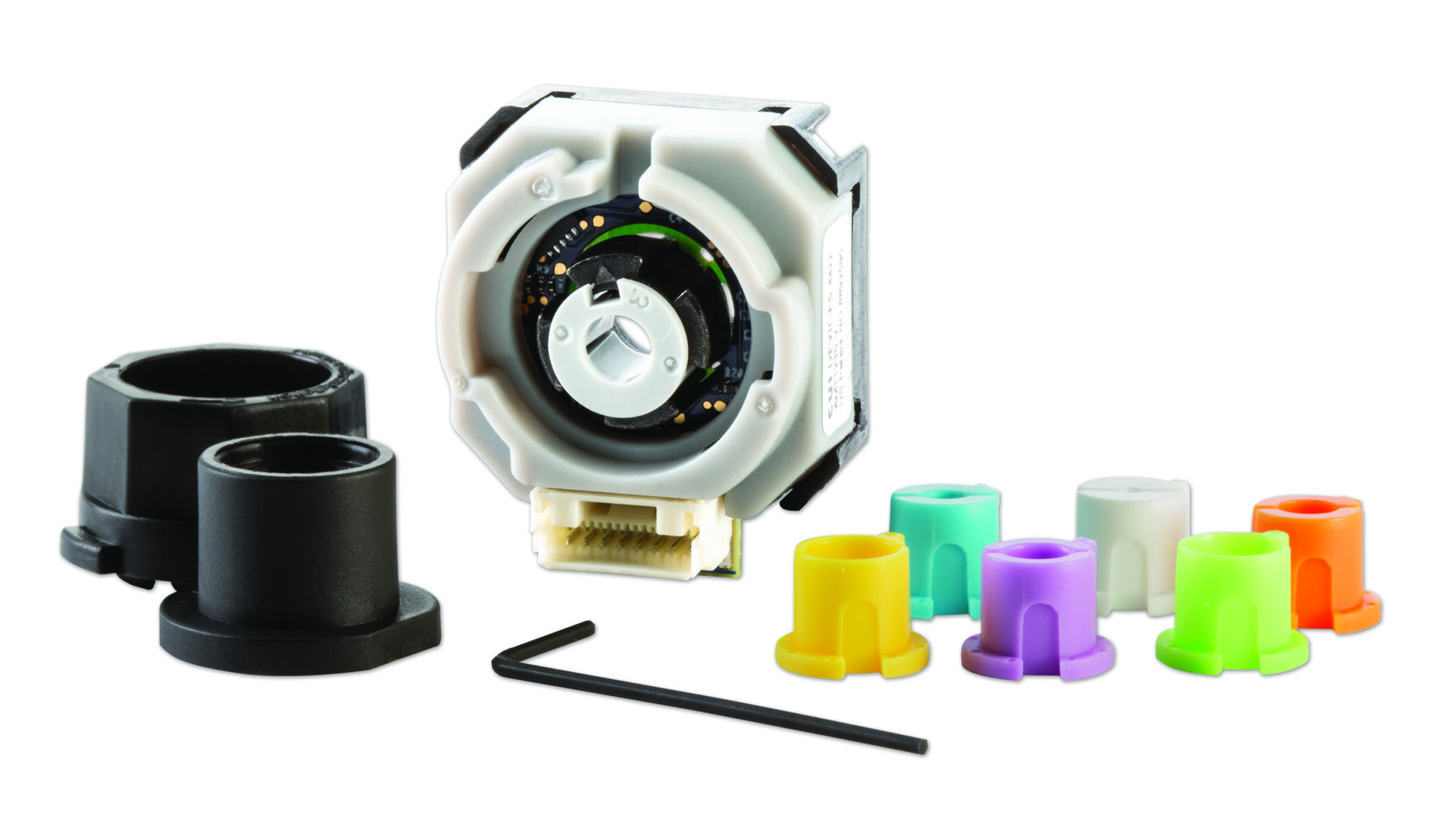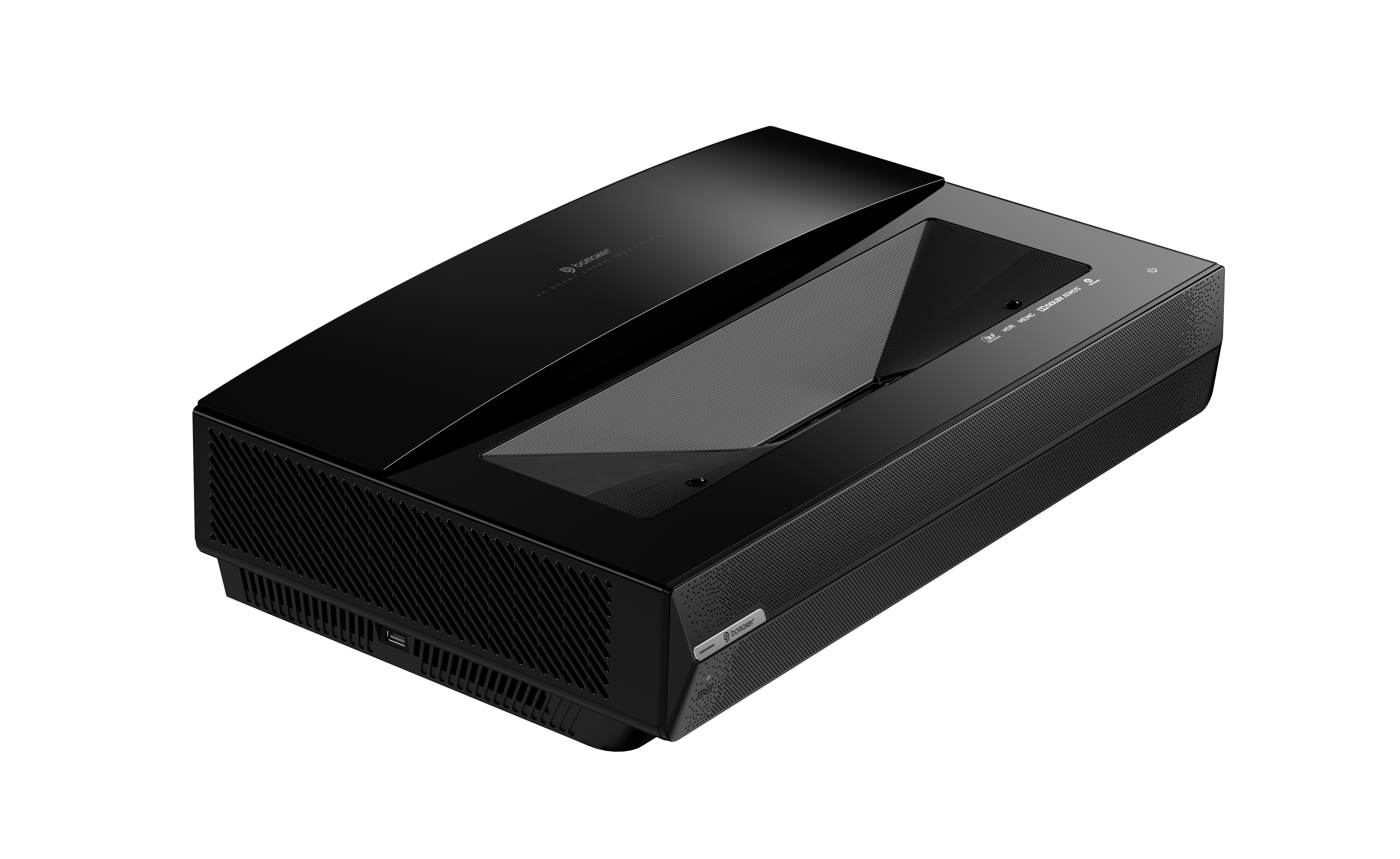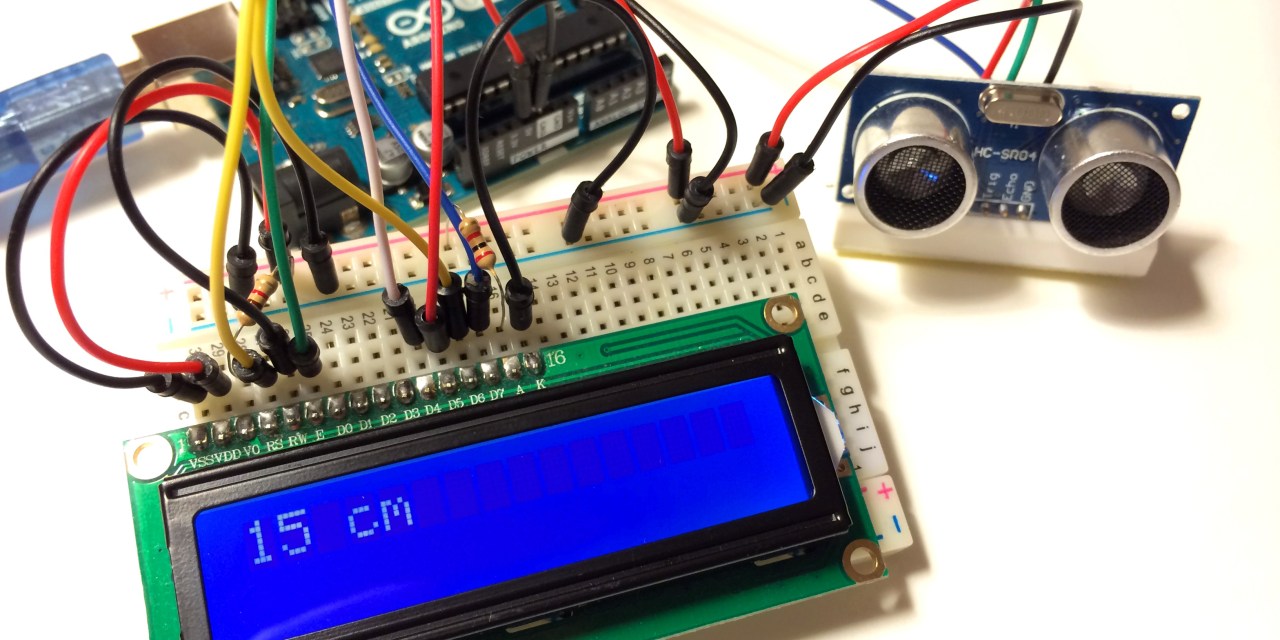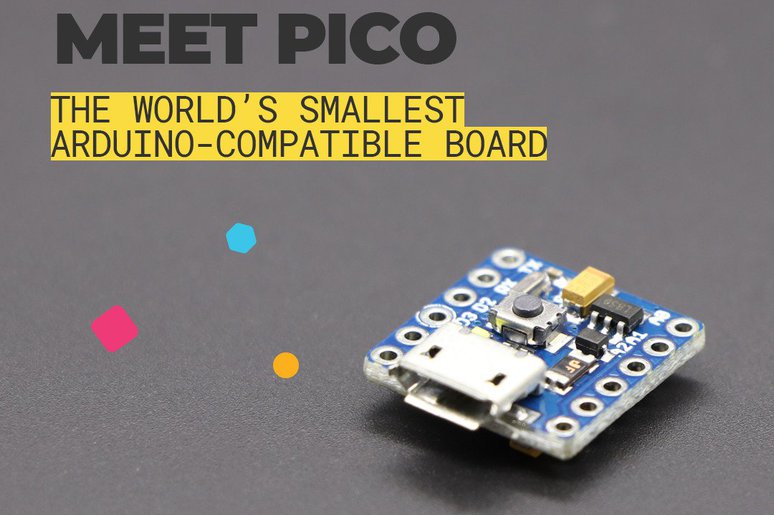
Recently, we have been getting some interesting downsizing when it comes to the development boards that we can use in our maker projects. What makes them so interesting is the fact that you can fit them anywhere and not worry about them, as they usually consume so little energy that even a small battery can run them for a long while. In that segment, we may have a new interesting addition: behold, the PICO!
But what is the PICO? Well, as you can probably guess from the name, it is the smallest Arduino compatible development board, designed by MellBell Electronics in the USA. The word smallest may ring a bell, due to our recent overview of the Adafruit QT Py. This PICO makes a mockery of that downsizing effort. Without taking the merit from the QT Py, as a really interesting product which has some interesting features (probably even more than the PICO), this one is almost half the size. We think the QT Py can be a good reference point to overview this one, as they intend to do mostly the same thing, which is shrink down your projects.
Regarding features, with the PICO we are looking at:
- ATmega32u4 microcontroller, clocked at 16 MHz
- 32 kB of internal Flash (4 kB used by the bootloader) and 2.5 kB of SRAM
- 8x digital I/O pins, 1x PWM channel and 3x analog input channels. 3 SPI enabled pads on the back of the board
- 5 V operating voltage. Input voltage range from 7 to 12 V. 40 mA DC current per I/O pin
- Bootloader compatible with the Arduino Leonardo
- 0.6 x 0.6 inches size. Weight of 1.1 grams
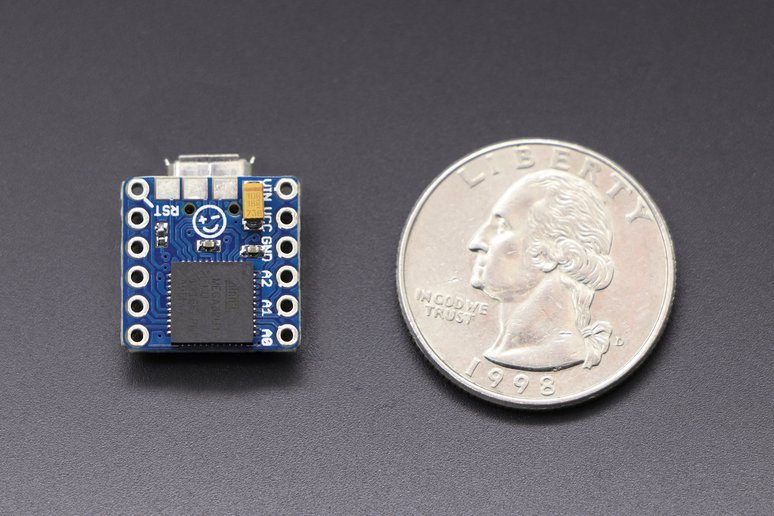
Besides the incredibly small size, you get some interesting peripherals to work with, enabling you to do almost anything when you only need to think small! You also can make use of the Arduino platform, due to the PICO being compatible with it. When comparing to the QT Py, you lose some features, such as the I2C at hand, some I/O (including the stemma QT connector), besides the considerable downgrade in specs, which is not necessarily bad, as it will consume less energy and handle longer battery time.
Probably, the most dissuasive feature of the PICO is its price, when compared to the QT Py. When the QT Py comes at $6, the $17 dollar price tag placed on the PICO is considerable. Nevertheless, you can get it on Tindie an make your own opinion, as we still think it is worth at least to take a look at it, specially if you have been having problems with the size of your Arduino-based projects.
Tindie link for the PICO: https://www.tindie.com/products/mellbell/pico-the-smallest-arduino-compatible-dev-board/#product-description
Our overview of the QT Py: https://www.electronics-lab.com/adafruit-qt-py-samd21-dev-board-with-stemma-qt/





